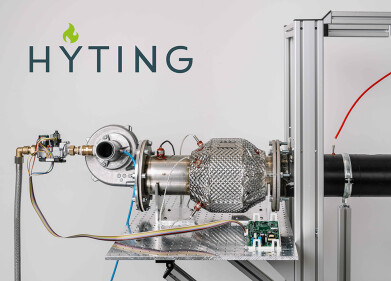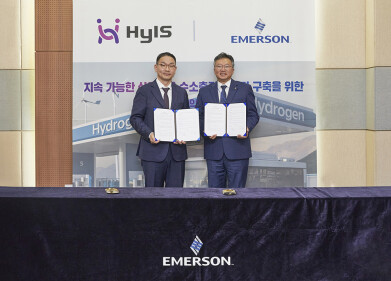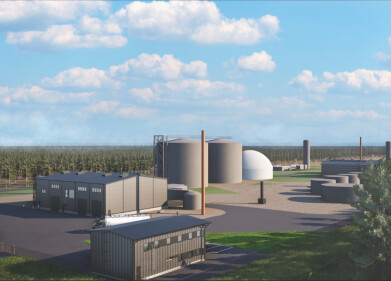Green Energy
Stanford University Awards $7.6 Million for Advanced Energy Research
Feb 12 2016
Six research teams have become the beneficiary of substantial grants from Stanford University as part of its Global Climate and Energy Project, as it aims to further knowledge in burgeoning forms of energy generation.
A total of $7.6 million has been awarded to six teams, both at Stanford itself and in three other universities. The investment is being awarded with the specific aim of attempting to improve alternative forms of energy in the developing world.
Continued Investment
Since the inception of the project back in 2002, Stanford University has awarded a total of over $177 million in energy grants. This time, the money will be going to four in-house projects and two investigations conducted by other universities.
“The four Stanford projects funded this cycle could have a significant impact on the future development of solar energy, clean fuels and the automotive industry,” explained Sally Benson, Director of the GCEP. “We have also funded two special projects outside of Stanford that could lead to the wide-scale deployment of solar and biofuel technologies in developing countries around the world.”
The six areas of research will benefit from the grants are as follows:
- Lightweight framework for transportation vehicles
Chief investigator Reinhold Dauskardt will seek to reduce the weight of vehicles and improve their aerodynamic design through the use of lightweight polymer substances. These will be created via a unique glazing process, which aims to save energy in the long run.
- Enhancement of photovoltaic (PV) cell efficiency
A collaboration between the Materials, Science and Engineering Department and the Electrical Engineering Department seeks to convert heat as a by-product into infrared light, which can then be transformed into clean, usable energy. For more information on how PV cells function, check out the article How Do Solar Farms Work?
- Production of chemicals and fuels from carbon dioxide
Chemical, Civil and Environmental Engineering come together to try and utilise electrocatalysts to feed a steady stream of carbon monoxide, carbon dioxide and hydrogen to microorganisms in the creation of biofuels.
- Hydrogenation of carbon-catalysed carbon dioxide in the creation of biofuels
Adopting a more chemical approach to the subject of biofuel creation, this project aims to substitute the traditional solvents and metal catalysts used in converting carbon dioxide into water with carbonate salts found in abundance on the Earth.
- Electrodeposition of silicon p-n junctions to achieve affordable PV generation
A joint venture by the Massachusetts Institute of Technology (MIT) and the University of Texas seeks to make PV solar power more affordable in developing countries by pursuing cheap methods of crystalline silicon solar cell production.
- Investigating the role of algae in the creation of biofuels and reducing carbon emissions
Investigators from Rutgers University will analyse how certain strains of algae may be capable of metabolising carbon dioxide emitted by industrial smokestacks and aiding in its conversion into usable biofuel. This could not only reduce emissions but also provide a valuable energy source, as this illuminating article explains.
Events
Nov 26 2024 Paris, France
Nov 27 2024 Istanbul, Turkey
H2O Accadueo International Water Exhibition
Nov 27 2024 Bari, Italy
Biogas Convention & Trade Fair 2024
Nov 27 2024 Hanover, Germany
Dec 11 2024 Shanghai, China





-as-feedstock.jpg)








